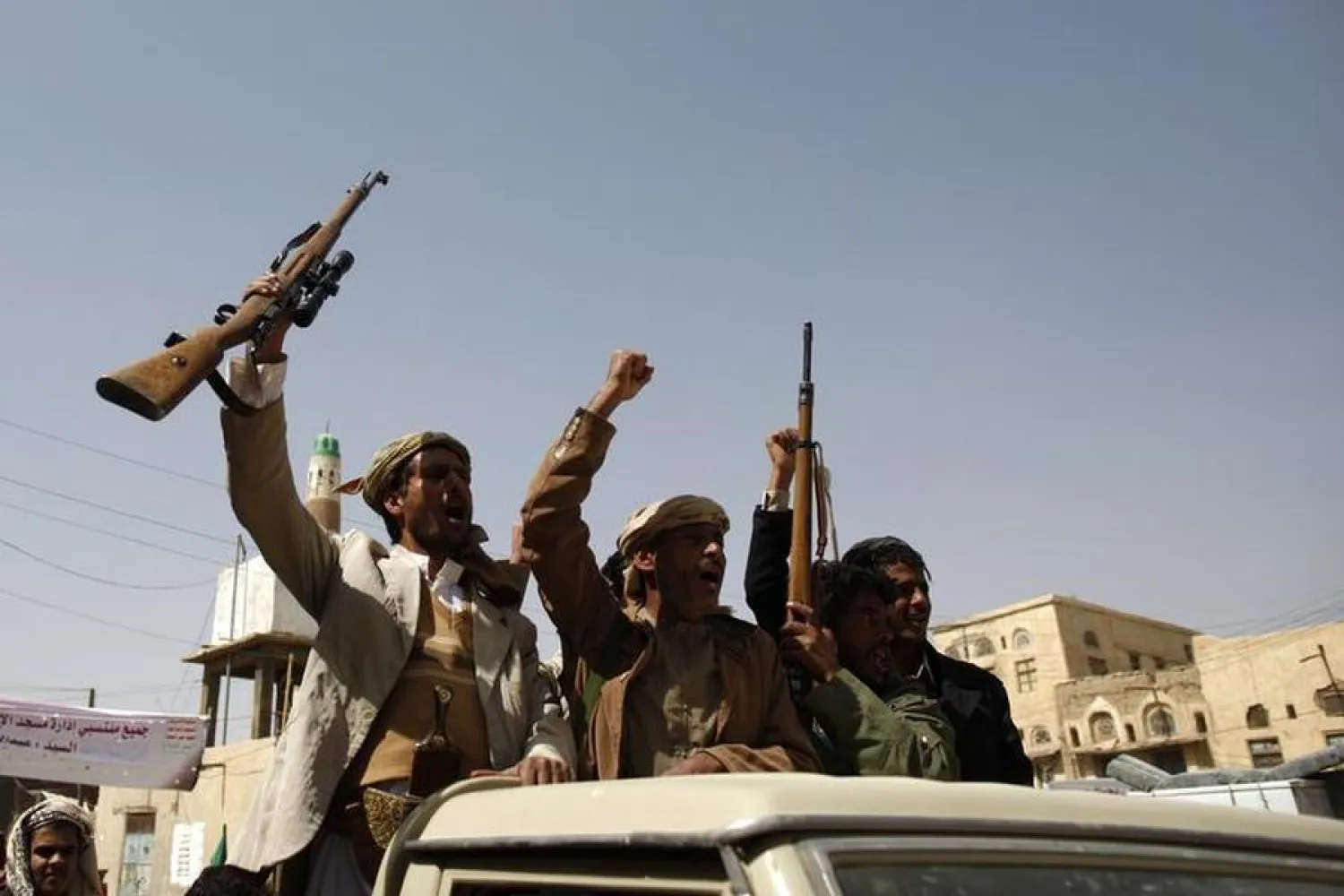The Yemeni government has refused to turn Yemen into an Iranian platform to launch rockets and target neighboring countries, calling on the international community to act quickly to deter the Houthi militias firing ballistic missiles.
Yemeni government spokesman Rajeh Badi told Asharq Al-Awsat that the actions of Houthi militias and their threats confirm that they have become an Iranian tool to plunge the region and the world into wars.
He said that the main objective of Iran's support of these militias is its intention to turn Yemen into a platform for firing rockets at neighboring countries.
The legitimate government refuses to turn Yemen into an Iranian platform to launch rockets in all directions, Badi added, noting that these threats require rapid action from the international community.
He stressed that before the beginning of the conflict in Yemen, the country did not have missiles similar to those fired by the militias on neighboring countries now, the latest of which was the missile launched last Saturday on Riyadh and was intercepted by the Saudi defenses, and he confirmed that they are manufactured in Iran.
For his part, Undersecretary of Yemen's Ministry of Foreign Affairs Dr. Mansour Bajash told Asharq Al-Awsat that the militia's missile attacks are part of a strategy long planned by Iran, adding that the strategy is being implemented by Iran's proxies in a number of countries.
Bajash also said that Houthi militias also threatened to strike shipping lanes in the Bab el-Mandeb straits and the Red Sea with various missiles, which requires intervention by the international community.









